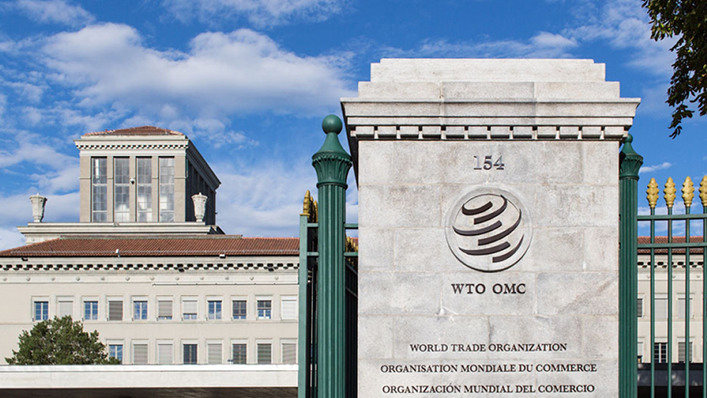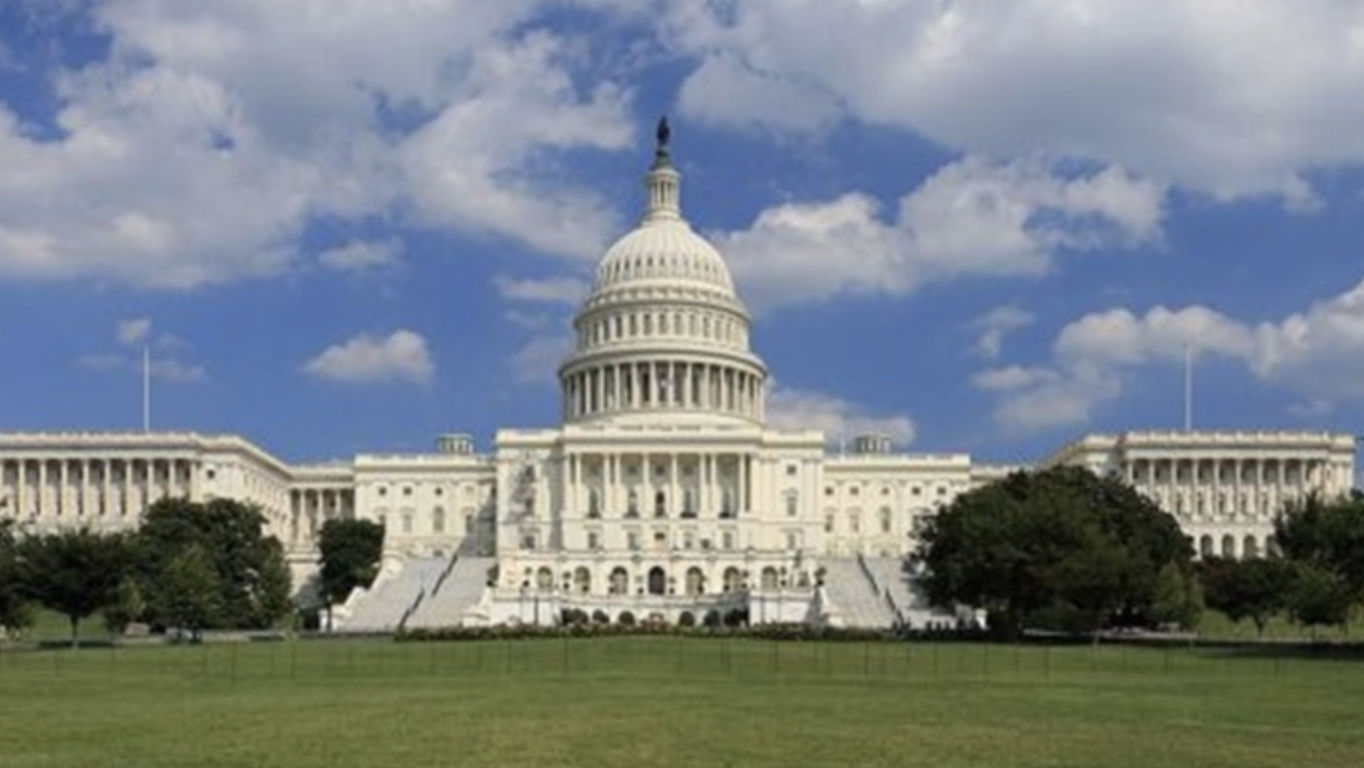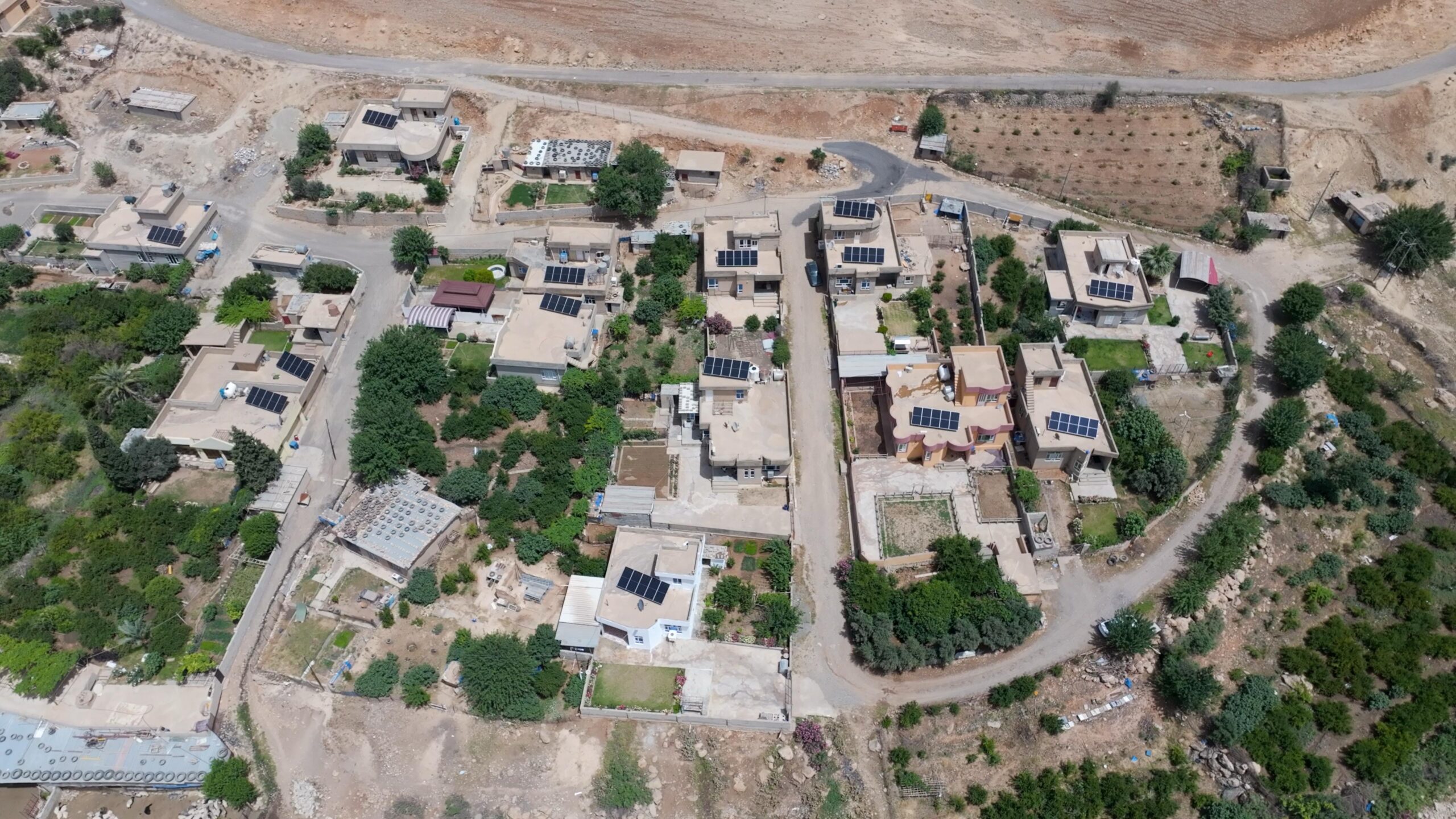US Senate panel advances bill to phase out clean energy tax credits
A US Senate committee has advanced a bill to phase out the investment tax credit by 2028 and end the residential solar tax credit by the end of this year, proposing major rollbacks to clean energy incentives. The “One Big Beautiful Bill” includes broader tax code changes that could impact project economics across the renewable energy sector.

A US Senate committee has advanced a bill to phase out the investment tax credit by 2028 and end the residential solar tax credit by the end of this year, proposing major rollbacks to clean energy incentives. The “One Big Beautiful Bill” includes broader tax code changes that could impact project economics across the renewable energy sector.
From pv magazine USA
The US Senate Finance Committee has forwarded its draft of the “One Big Beautiful Bill,” in an ugly outcome for US clean energy.
First, it cuts the 48E Investment Tax Credit for solar and wind energy projects, which covers 30% of installed system costs. The credit is reduced to 60% of its value by the end of 2026, 20% of its value by the end of 2027, and all projects placed in service by 2028 are ineligible for the credit.
All other qualified technologies, including energy storage, are phased down to 75% value for projects to place in service in 2034, 50% in 2035, and 0% after 2035.
In a notably anti-consumer and anti-small business move, the 25D residential solar tax credit is cut much earlier, 180 days after the bill is enacted into law.
The same goes for the residential efficiency projects, batteries, and heat pump credits, all are eliminated within 180 days of enactment.
The 30D and 45W electric vehicle tax credits are eliminated for purchases made 180 days after enactment, and the used EV credit is cut 90 days after enactment.
Tax credit transferability, or the ability for clean energy asset owners to sell tax credits to entities with tax appetites in exchange for cash, is retained under the bill.
Language related to Foreign Entities of Concern (FEOC) is “substantively different, but still applied throughout,” said Jesse Jenkins, professor of macro-scale energy systems, Princeton University.
The Senate draft is “hot trash and terrible for America. But it is marginally better for clean energy credits,” said Jenkins in a post on social media platform Bluesky.
pv magazine USA will continue to provide coverage and reaction to the “One Big Beautiful Bill Act.”
What's Your Reaction?



























































